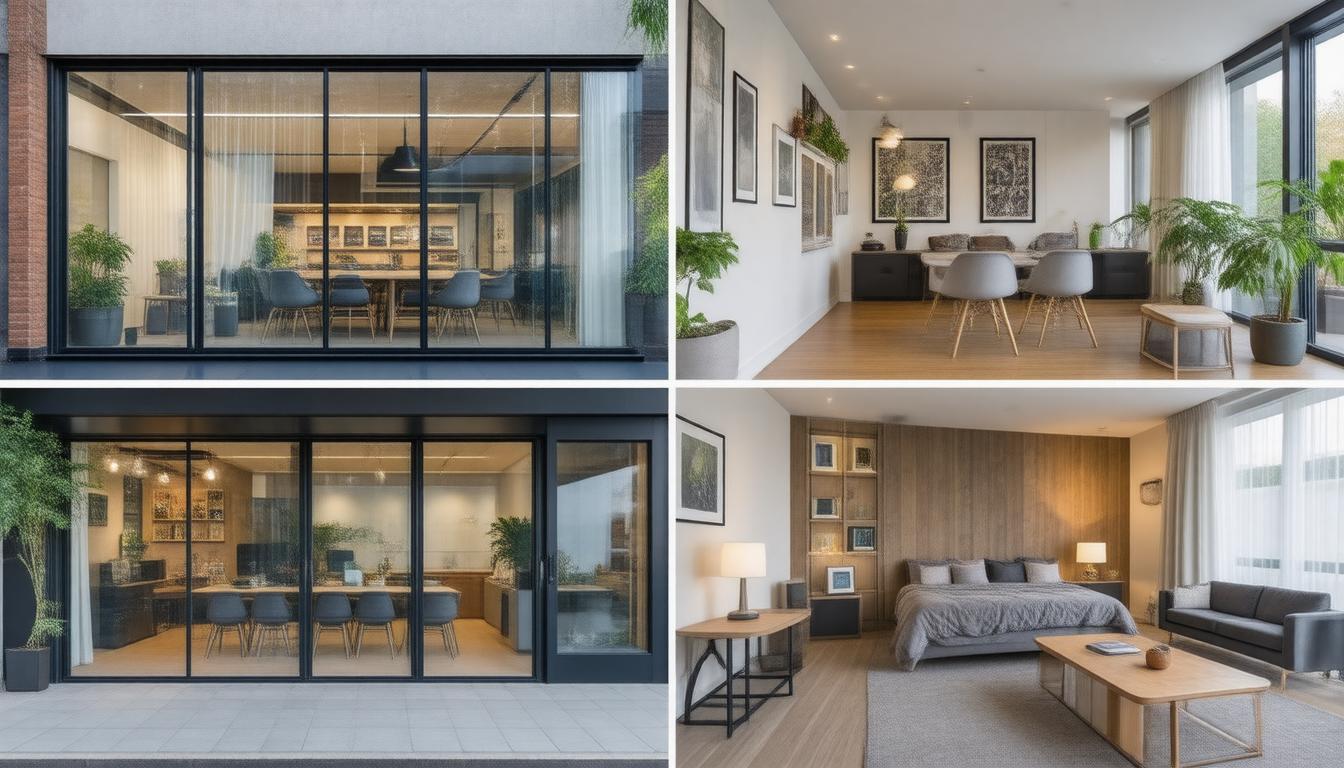Bradford’s cityscape has recently been thrust into a heated debate over a proposed conversion of an office building into residential bedsits, aimed at addressing the urgent need for affordable housing amidst rising costs. The plans initiated by Jmail Assets for the property on Godwin Street intend to transform the existing office space into 38 compact living units designed for young professionals and students. While the developer champions this initiative as a solution to the current housing crisis, the Bradford Civic Society has raised significant concerns regarding its potential impact on the city’s character and livability. This article explores the contrasting perspectives surrounding this development, as well as the broader implications for urban development and housing quality in Bradford.
Key Takeaways
- The conversion of an office building to bedsits has sparked debate over preserving Bradford’s city character.
- While aimed at providing affordable housing for young professionals and students, the proposal faces criticism over potential oversaturation of small living spaces.
- Regulating the number of low-cost housing conversions is seen as vital to maintaining the quality of life in Bradford.
Overview of the Residential Conversion Proposal
In November 2024, a proposal for the conversion of a former office building located at Godwin Street in Bradford City Centre into 38 bedsits has ignited significant debate. Jmail Assets, the development company behind the plan, asserts that the compact living spaces are designed with communal facilities and aim to provide affordable housing solutions for young professionals and students. This initiative comes in light of the challenging rental prospects for the existing office space, which suffers from outdated design and insufficient amenities (Bradford Civic Society, 2024). However, the Bradford Civic Society has expressed serious concerns, describing the proposal as ‘risky’ and ‘alarming.’ In their criticism, they highlight the potential oversaturation of small living spaces and the adverse effects this could have on the vibrancy and character of the city (Civic Society, 2024). Si Cunningham, the chair of the Civic Society, recognized the pressing need for more housing options in Bradford but stressed the necessity of regulating the proliferation of Houses in Multiple Occupation (HMOs) and similar low-cost conversions to preserve the city’s quality and uniqueness. Meanwhile, Jade 3, the architecture firm involved, has indicated strong interest in these bedsits, suggesting they could positively contribute to the local economy (Jade 3, 2024). As the conversation continues, the balance between necessary housing developments and maintaining the city’s character remains a pivotal concern.
Concerns About City Character and Housing Quality
In response to these developments, local residents have voiced mixed feelings about the proposal. Some members of the community appreciate the intention behind providing affordable housing options, especially given the rising costs of living in Bradford. However, apprehensions persist regarding the implications of increased density in residential areas already grappling with high concentrations of rental properties. The debate is intensified by the wider context of housing in the region, where there is a growing demand for sustainable and diverse living arrangements. The Bradford Council has yet to make a definitive decision on the matter, but they are conducting consultations to gauge public opinion and assess the long-term impacts of such conversions on the cityscape. The outcome of this proposal could set a precedent for future housing projects in Bradford, raising crucial questions about the balance between economic development and community integrity.





